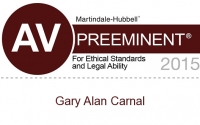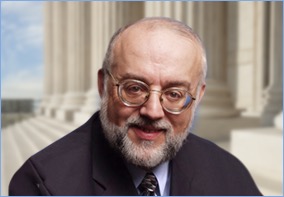Probate Administration After the Death of a Loved One
It occurs to many people to consider estate planning; people generally know the benefit of setting up a trust or writing a will. However, the probate process is not as clear or well understood. When a loved one dies, even if the deceased had a will, family members or close friends may be confused as to what needs to be done. In order to put the decedent’s will into effect, the estate needs to pass through probate administration.
Probate Administration
Probate is the process by which a will’s terms are put into effect or, if the decedent did not have a will, the process by which the estate will be distributed according to Florida probate law. Distribution of an estate without a valid will is known as intestate succession. Probate administration includes a court determination that the will is valid, identification of valid legal claims to the estate, and a distribution of the estate’s assets to those with claims (including creditors and those who received bequests under the will).
Personal Representatives
Probate administration does not happen automatically; personal representatives are responsible for administering the estate and ensuring that the terms of the will (if there is one) are executed and the estate is properly distributed. While writing a will, many people designate a particular person (such as a family member or close friend) to act as a personal representative. Ultimately, even if there is a valid will that identifies a personal representative, the court is responsible for appointing the personal representative. In cases where the will designates a personal representative, the court may take the decedent’s designation into account, so long as that person complies with Florida statutory requirements for personal representatives. Personal representatives must be residents of the state of Florida, and must be legally capable of handling their own legal affairs.
Probate Process
The probate administration process is handled by the personal representative. In order to probate a decedent’s will, there must first be a petition filed with the probate court. According to Florida law, any “interested” person (generally heirs, creditors, and others with a financial stake in the outcome) can petition for administration of an estate in probate.
Once the court appoints a personal representative, the estate’s assets must be identified and notice must be given to the decedent’s creditors. Prior to any claims being paid through the will, debts owed to creditors, estate expenses, and funeral expenses must be paid from the estate. Once those claims have been paid, the rest of the assets in the estate must be distributed according to the decedent’s will.
It is important for personal representatives to hire attorneys to help with probate administration. Even when the issues seem straightforward, it is critical to have the support of someone with experience in Florida probate law to ensure that all proper procedures are followed and that the estate’s assets are protected. If you have questions about probate administration for your or a loved one’s estate, contact the experienced Florida attorneys at Carnal & Mansfield, P.A. for a consultation today.







